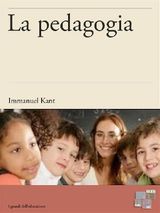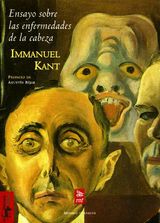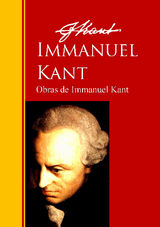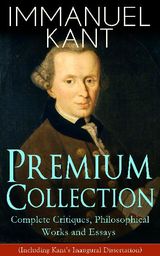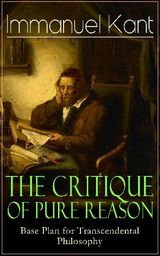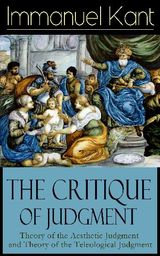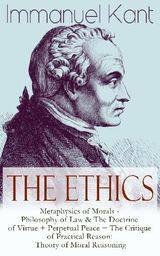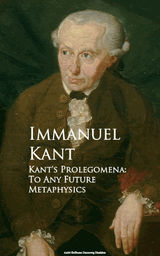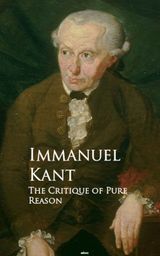
THE THREE CRITIQUES: The Critique of Pure Reason, The Critique of Practical Reason & The Critique of Judgment
Por Immanuel Kant, T. K. Abbot (Traductor), J. H. Bernard (Traductor), J. M. D. Meiklejohn (Traductor)

| Descarga inmediata | |
Formato
ePubProtección
DRMIdioma
InglésAño Lanzamiento
2015Sinopsis
J. M. D. Meiklejohn

Immanuel Kant (Königsberg, Prusia, 22 de abril de 1724 – Königsberg, 12 de febrero de 1804) fue un filósofo prusiano de la Ilustración. Es el primero y más importante representante del criticismo y precursor del idealismo alemán y está considerado como uno de los pensadores más influyentes de la Europa moderna y de la filosofía universal.
Entre sus escritos más destacados se encuentra la Crítica de la razón pura, calificada generalmente como un punto de inflexión en la historia de la filosofía y el inicio de la filosofía contemporánea.
Compatibilidad
El ebook THE THREE CRITIQUES: The Critique of Pure Reason, The Critique of Practical Reason & The Critique of Judgment está en formato ePub y se encuentra protegido con Adobe DRM.
Puedes leer este eBook en los siguientes dispositivos:
- Para leer en tu PC o Mac descarga Adobe Digital Editions y autoriza el programa con una cuenta ID de Adobe
Pc/Mac
- Para leer en tu smartphone descarga Aldiko Next o PocketBook y autoriza tu equipo con tu Adobe ID.
Phone
- Para leer en tu tablet o iPad descarga Aldiko Next o PocketBook y autoriza tu equipo con tu Adobe ID.
Tablet
- Descarga el eBook en tu PC y transfiérelo a tu dispositivo favorito a través de Adobe Digital Editions.
eReader
- En una PC o MAC: Descarga el programa gratuito Adobe Digital Editions y autorízalo con una cuenta ID de Adobe.
- En un smartphone o tablet (iOS o Android): Descarga la app Aldiko Next o la app PocketBook.
- En un lector de libros electrónicos (eReader): Verifica que acepte ebooks con DRM de Adobe.
- Este eBook NO ES COMPATIBLE con Kindle.
Datos del libro
- Editorial:
- e-artnow
- ISBN:
- 9788026845225
- Idioma:
- Inglés
- Tamaño:
- Kb
- Fecha de lanzamiento:
- Noviembre 11, 2015
- Protección:
- Adobe DRM
- Géneros:
Filosofía / General

